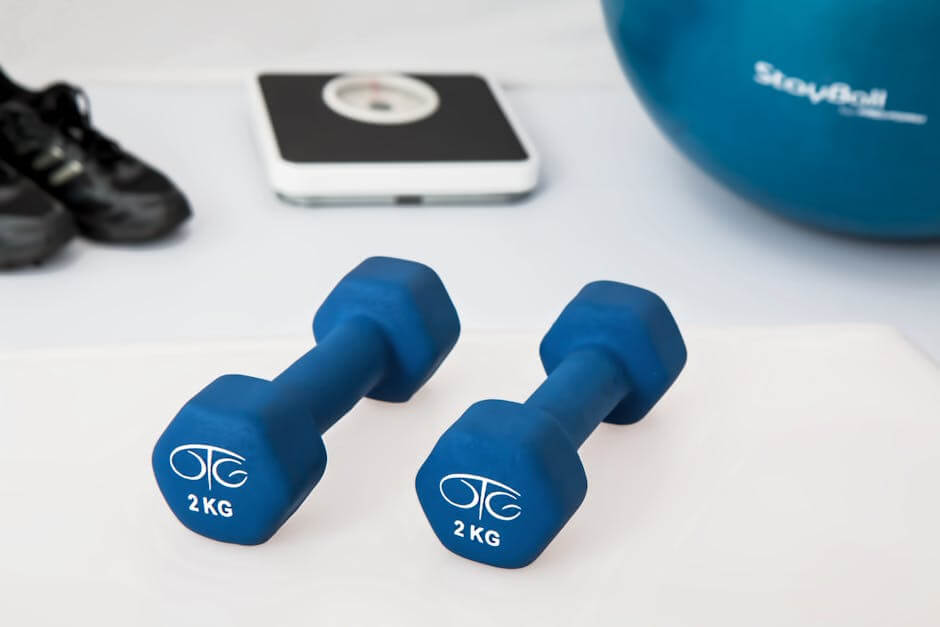Weight loss can be a challenging but rewarding endeavor. Whether you're looking to shed a few pounds or embark on a significant transformation, there are proven strategies that can help you achieve your goals. This comprehensive guide will provide you with valuable tips and guidance to support your weight loss journey.
Understanding the Basics: Calories and Metabolism
Weight loss occurs when you consume fewer calories than you burn. Calorie intake plays a crucial role, and it's important to determine the number of calories you need daily to maintain your weight. This number varies depending on factors such as age, weight, height, and activity level. Additionally, metabolism, the process by which your body burns calories for energy, influences weight loss. A faster metabolism helps burn calories more efficiently.
Setting Realistic Goals and Tracking Progress
Setting achievable weight loss goals is essential for success. Aim to lose 1-2.5 pounds per week, as this is a healthy and sustainable rate. Tracking your progress can help you stay motivated and make adjustments along the way. Use a food journal, fitness tracker, or mobile app to monitor your calorie intake, exercise, and weight.
Choosing a Healthy Diet and Exercise Regimen
A balanced diet rich in fruits, vegetables, and whole grains is crucial for weight loss. Limit processed foods, sugary drinks, and unhealthy fats. Focus on consuming nutrient-dense foods that keep you feeling full and satisfied. Regular exercise is also essential. Aim for at least 150 minutes of moderate-intensity aerobic activity or 75 minutes of vigorous-intensity aerobic activity per week.
Hydration and Sleep
Adequate hydration is essential for overall health and weight loss. Aim to drink eight glasses of water per day. Staying hydrated helps boost metabolism, curb cravings, and support a feeling of fullness. Additionally, ensuring sufficient sleep is crucial. Sleep deprivation can disrupt hormones that regulate hunger and metabolism, making weight loss more difficult.
Mindful Eating and Meal Planning
Mindful eating practices can help you become more aware of your eating habits and make healthier choices. Pay attention to hunger cues, eat slowly, and enjoy your meals without distractions. Meal planning can help you make healthier choices and avoid impulsive eating. Plan your meals in advance, prepare healthy snacks, and avoid keeping tempting foods in your home.
Finding Support and Staying Motivated
Surrounding yourself with a support system can significantly impact your weight loss journey. Join a support group, connect with friends or family who share your goals, or consider working with a registered dietitian or healthcare professional. Remember to reward yourself for your efforts and celebrate your successes. Finding activities you enjoy can help you stay motivated and make exercise a regular part of your routine.
Lifestyle Changes and Consistency
Weight loss is not merely about short-term dietary or exercise interventions; it requires sustainable lifestyle changes. Make gradual changes to your eating habits and exercise routine to avoid feeling overwhelmed and discouraged. Consistency is key. Aim to make healthy choices most of the time, and don't let setbacks derail your progress. Remember, weight loss is a journey that requires patience, persistence, and a positive mindset.

